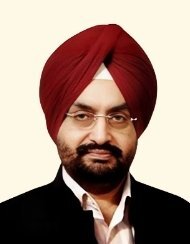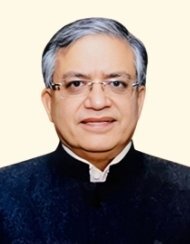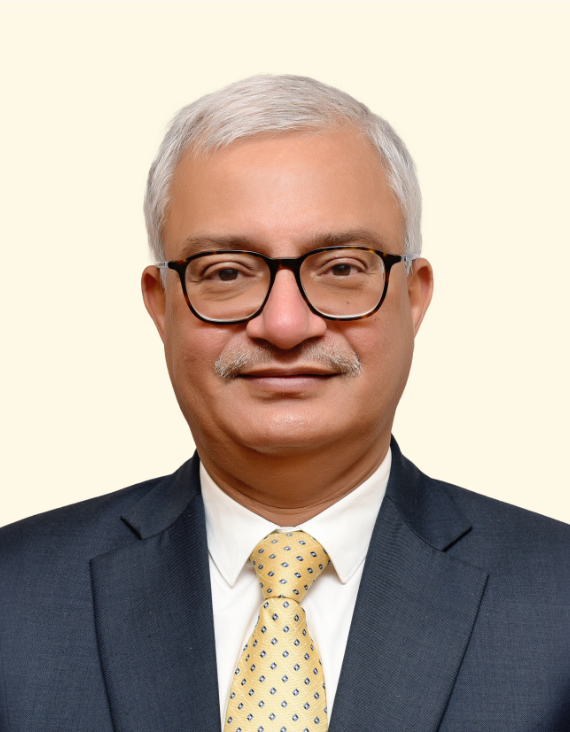India

Election Commission of India
India is a sovereign, socialist, secular, democratic republic. Democracy runs like a golden thread in the social, economic and political fabric woven by the Constitution given by lsquo;We, the People of Indiarsquo; unto ourselves. The concept of democracy as visualised by the Constitution pre-supposes the representation of the people in Parliament and State legislatures by the method of election. The Supreme Court has held that democracy is one of the inalienable basic features of the Constitution of India and s part of its basic structure. The Constitution of India adopted a Parliamentary of government. Parliament consists of the President of India and the two Houses mdash; Rajya Sabha and Lok Sabha. India, being a Union of states, has separate state legislatures for each state. State legislatures consist of the Governor and two Houses mdash; Legislative Council and Legislative Assembly mdash; in seven states, namely, Andhra Pradesh, Telangana, Bihar, Jammu amp; Kashmir, Karnataka, Maharashtra and Uttar Pradesh, and of the Governor and the state Legislative Assembly in the remaining 22 states. Apart from the above, two out of the seven Union Territories, namely, National Capital Territory of Delhi and Puducherry, also have their Legislative Assemblies.
Constituents of Election Commission

Dr Sukhbir Singh Sandhu
Election Commissioner

Shri Gyanesh Kumar
Chief Election Commissioner

